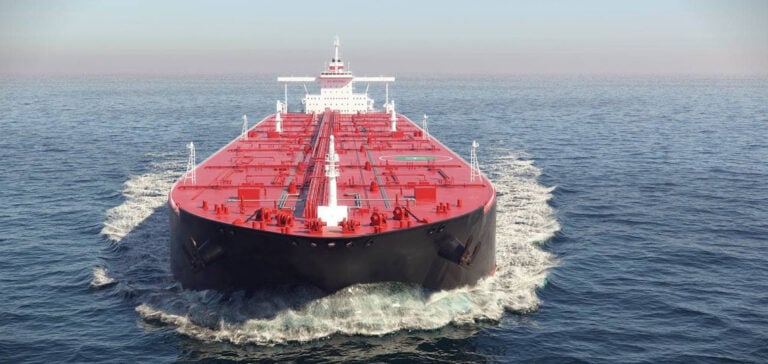Freight rates for VLCCs, used to transport crude oil, have recently risen sharply on the route from the Persian Gulf to China. This increase is the result of a combination of factors.
The impact of growing demand on transport routes
Changing trade flow patterns and OPEC production cuts have prompted Asian refiners to favor long-haul barrels, putting frequent pressure on vessel supplies in the Persian Gulf. The recent influx of vessels in the Atlantic region saw the PG-China freight rate of 270,000 tonnes almost double, from w36 to w71 between October 6 and November 6, according to data from S&P Commodity Insights.
Market disruption caused by the war in Russia-Ukraine
Many attribute the strength of the VLCC freight market to the change in trading patterns brought about by the war in Russia-Ukraine, which disrupted European crude oil supplies, forcing them to seek alternatives on the US Gulf Coast and in West Africa.
According to CAS, the volume of US and West African barrels transported to Europe has increased, creating a trend that has made it extremely expensive to transport crude oil on smaller vessels, leading to some cargoes being transferred to VLCCs. This trend began in the US Gulf before spreading to other regions such as West Africa, Brazil and the Persian Gulf, creating a domino effect.
All in all, freight rates for VLCCs have risen sharply due to the growing demand for crude oil transport on long voyages, particularly from the Atlantic to China. Factors such as changing trading patterns and OPEC production cuts have contributed to this rise in tariffs. This trend seems to be fuelled by the disruption to the European crude oil market caused by the war in Russia-Ukraine. It remains to be seen how changing demand and business patterns will continue to influence the VLCC freight market in the future.






















